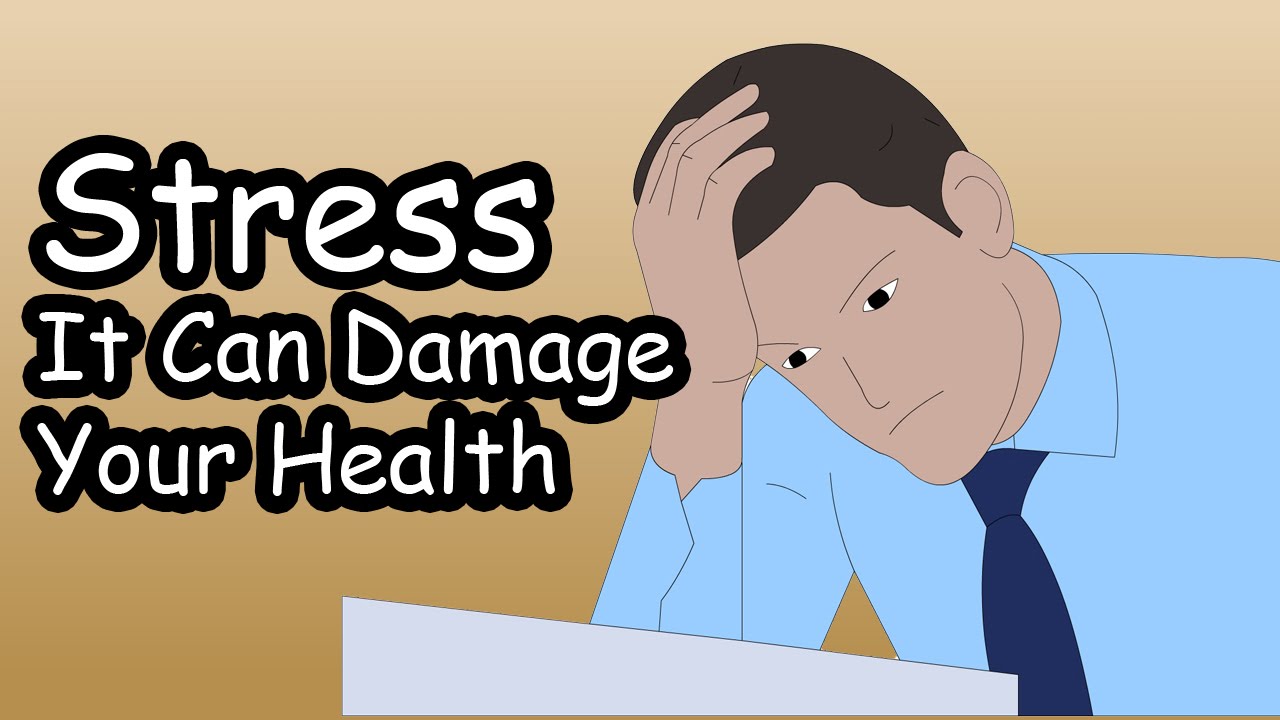COMPUTER STRESS; SOME IDEAS TO FIGHT IT AND LEARN MORE ABOUT IT

Computer stress exists. Seriously!
It can cause real problems, which can be more or less serious. The most obvious is a decrease in the productivity of those affected; they, immersed in frustration and anxiety, decrease their performance. But not only that, computer stress can lead to serious health problems, and some cases of heart attacks have even been reported.
Are you already taking this more seriously? In this article we are going to know what computer stress is and some ideas to avoid it.
What is computer stress?
Computer stress is the feeling of anxiety and discomfort that the user of a computer system suffers when the computer system does not work or does so in a way that is different from his or her expectations.
It is quite simple to list some examples of situations that can cause computer stress: Internet connections that fail or are too slow, a computer that takes a long time to start up, software incompatibilities that cause errors or force you to look for alternatives, tedious program installations, operating systems that crash, programs that take an eternity to run….
I’m sure that in your work or in your daily life you have experienced this kind of situation and have generated different doses of anxiety. Within the range of emotions that can be caused it is true that there are people who can take it easy and philosophically, but it is also a reality that other users are very affected and can suffer great frustration, especially if these kinds of problems prevent them from carrying out important and/or urgent tasks.
If, in addition, we are faced with the fact that the use of information technology is increasingly present in our lives, we can understand that the phenomenon of computer stress can affect more people every day, becoming a more relevant problem than it seems.
And now the question is…. How can we avoid it?
7 ideas to avoid computer stress
1. Rest if you feel like it
Taking a few minutes to rest may be enough to relieve stress. A walk in the park or a chat with a colleague by the coffee maker can provide you with enough relaxation doses to get the tension to relax. But remember, if you use these breaks to check your mobile phone, you probably won’t get the effect you want…
2. Reduce the brightness of the screen
You may not feel it that way, but excessive screen brightness can cause stress and eyestrain. You need a more moderate glow that resembles natural light; you’ll be taking care of your eyes and preventing stress.
3. Use relaxation techniques
Certain techniques used in other situations can also be useful in fighting computer stress. Breathing control, physical exercise, or maintaining a good diet are healthy practices at any time and may also help you with this kind of stress.
In any case, remember that if the computer stress that affects you is intense, you should go to health professionals who can help you, don’t overlook it! In some cases, this may be a major problem.
4. Go outside
Schedule a few minutes during the day to take in some fresh air. Just being outside works wonders for reducing stress and has countless other benefits.
5. Give your hands a massage
Lotioning up your hands for a stress-relieving massage will make your skin feel good and relieve tension in your joints and ligaments.
5. Oil up.
Or rather keep oils at your desk. Aromatherapy has been shown to decrease stress levels.
6. Jam out.
Listening to music can help diminish stress, so listen to your favorite tunes during the workday — using earbuds, of course, not speakers.
7. Eat an orange.
An orange a day keeps the stress away. Did you know a dose of Vitamin C can help to reduce stress? So break out this citrusy favorite and peel away.


Recent Comments